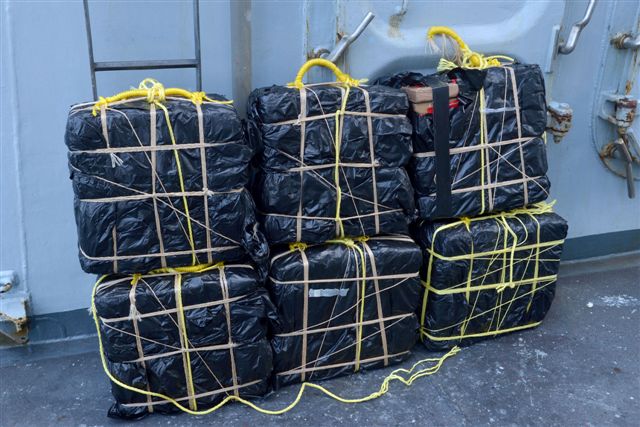Nigerian authorities announced on Tuesday that they have dismantled a major drug cartel responsible for producing and distributing methamphetamine, just a week after another significant bust of a cocaine syndicate operated by a couple who packaged, distributed, and trafficked cocaine worth over US$1.3 million within and outside Nigeria, OCCRP reports.
These actions are part of Nigeria’s ongoing efforts to curb the escalating trend of drug production and trafficking. Traditionally considered a key transit hub, Africa's most populous country, with over 200 million people, has in recent years also become a significant producer, consumer, and distributor of drugs, according to the United Nations.
To further intensify the crackdown on drug crimes, the country is considering implementing the death penalty. Lawmakers in Abuja proposed this measure in May, but it has faced strong opposition from several of their colleagues and human rights advocates, who are concerned about the irreversible nature of such a sentence, particularly in cases where innocent people might be wrongfully convicted.
Currently, the maximum penalty for drug-related offenses is life imprisonment.
Despite ongoing debates, the National Drug Law Enforcement Agency (NDLEA) continues its rigorous enforcement.
Last week, they arrested 54-year-old Agbakoba John Mmadu, his wife Agbakoba Ijeoma Chinwe, 39, and their associate Okoye Ifeoma Maryjane.
On Tuesday morning, officers raided the home of 42-year-old Joachin Chikaodi Mbonu, arresting him and his associate. During the raid, they seized various quantities of methamphetamine, precursor chemicals, a pump-action gun, and cartridges, according to the agency's statement.
In the first quarter of 2024, more than 80 suspects were arrested, and over 3,000 kilograms of assorted drugs were seized. Additionally, the convictions of more than 50 offenders were secured, according to the UN.









